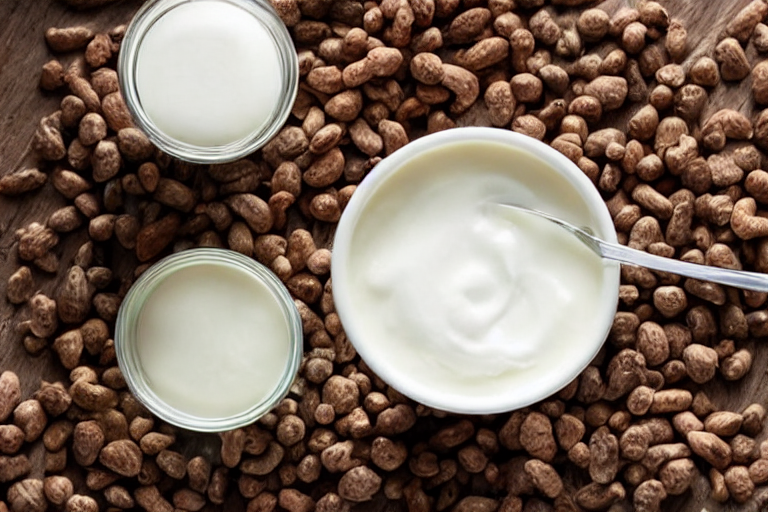Often during the course of an antibiotic treatment round, a patient will experience diarrhea as an unpleasant side effect. A recent study published in JAMA shows that the administration of yogurt or probiotics alongside the antibiotics can reduce the incidence of gastrointestinal upset as well as diarrhea .
The study involved 12,000 men and women who were taking antibiotics and they were given either a probiotic or a placebo to take along with their antibiotic prescription. The results showed a 42% reduction in the occurrence of diarrhea among those taking the probiotic vs those taking the placebo. This is great news for several reasons. One in three people who take antibiotics will experience diarrhea or similar symptoms. For most it is just an unpleasant side effect that must be endured, but for others it can be a life threatening condition. Antibiotic associated diarrhea can make some people very sick and lead to the condition C. difficile colitis which can be life threatening as well as spread quickly through a hospital through contaminated surfaces.
Yogurt and probiotics are thought to be beneficial to this condition due to their content of live bacteria, yeast, and other microbes. They are often promoted on television as a means to keep your body in balance. The reason being is that there are thousands of different species of these microorganisms that live within our intestinal tract. They are known as our “normal flora” and they contribute to our good health by helping to break down food. When we start a round of antibiotic therapy to cure an infection however, the antibiotics begin to kill off bacteria indiscriminately. The drugs that we are prescribed cannot tell the difference between good and bad bacteria, and these helpful intestinal flora are killed off. This is when we experience the diarrhea.
The idea of eating yogurt and probiotics during antibiotic use to to repopulate our intestines with this helpful and healthy Bacteria to replace that which was killed. It has been found to be particularly helpful in treating cases of recurrent C. difficile colitis, preventing the complications associated with pancreatitis, and decreasing the recurrence of vaginal yeast infections.

